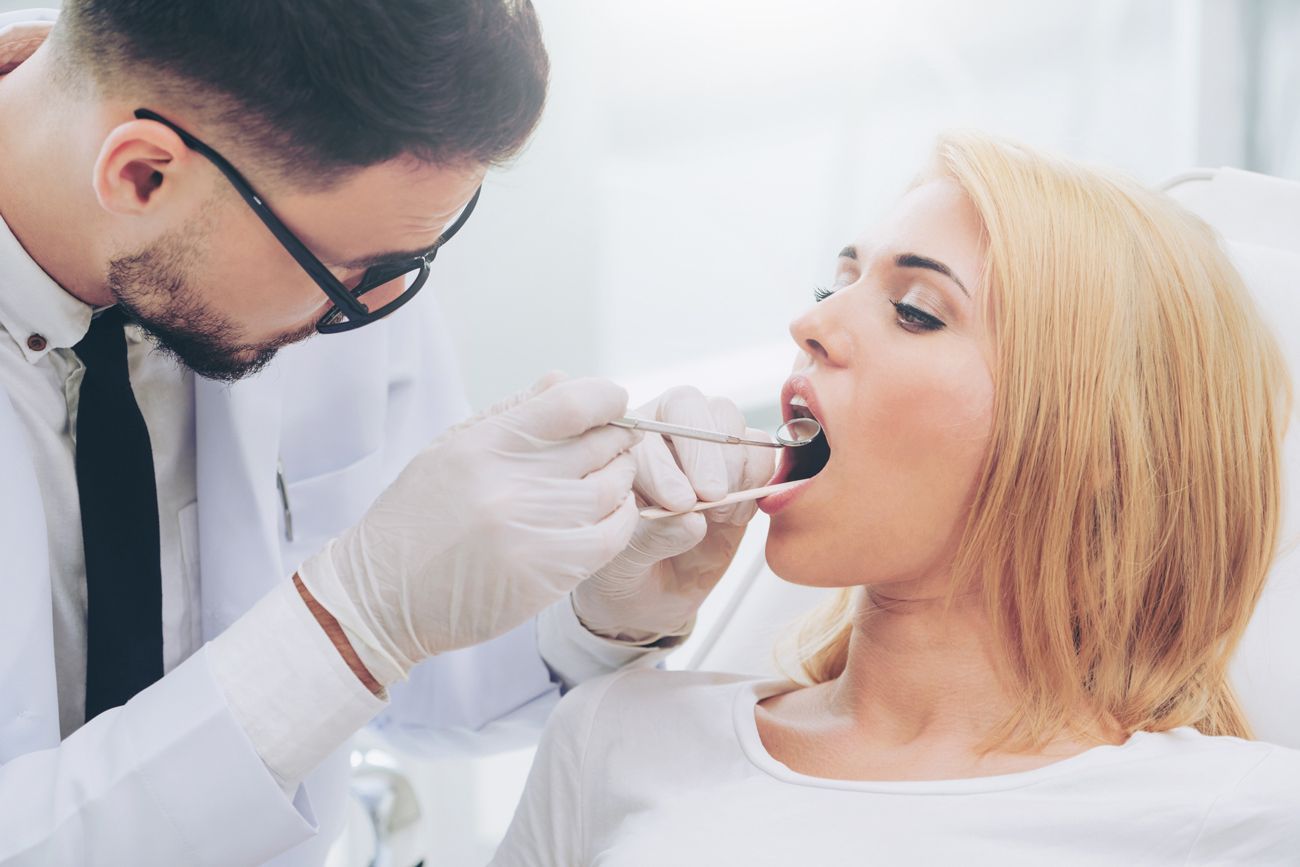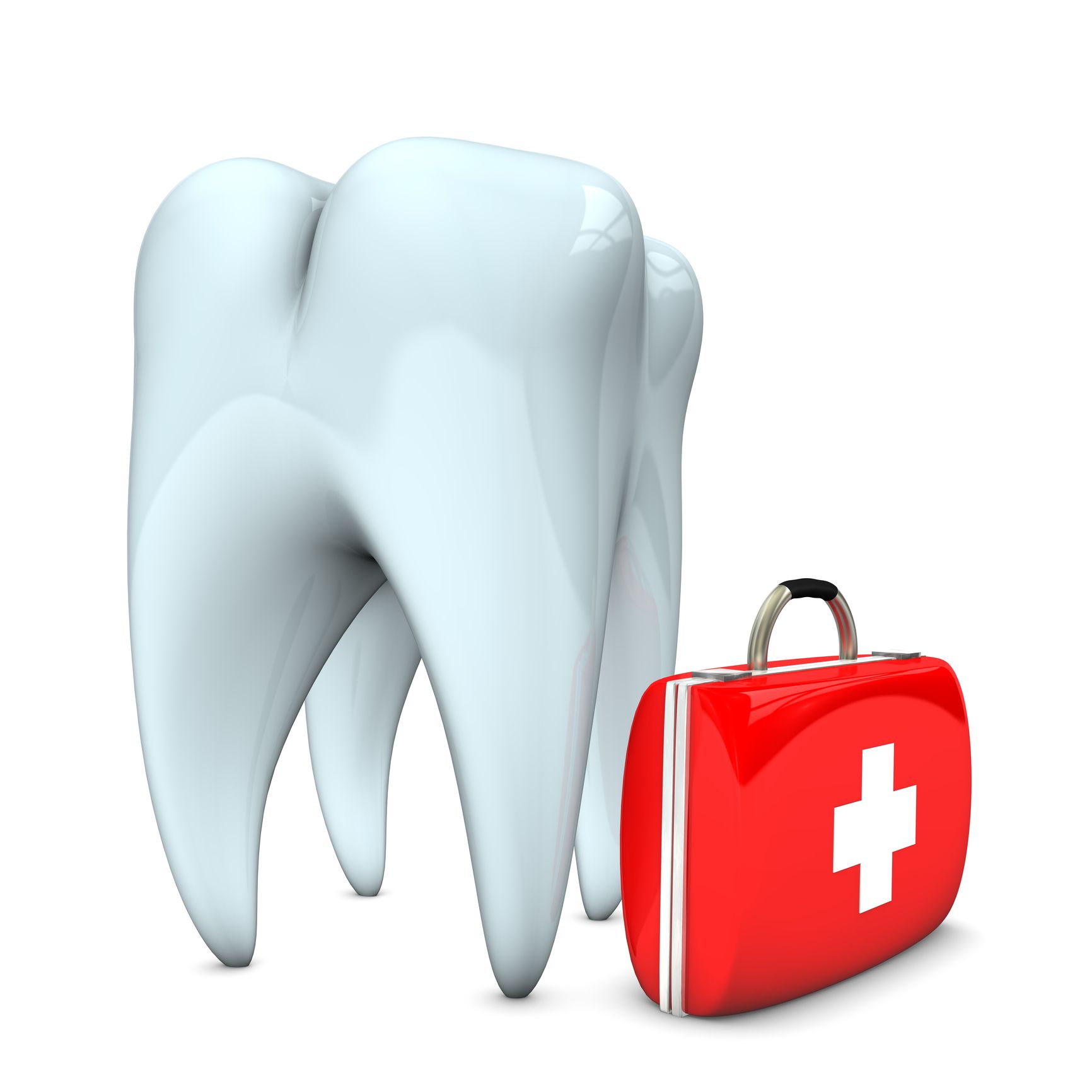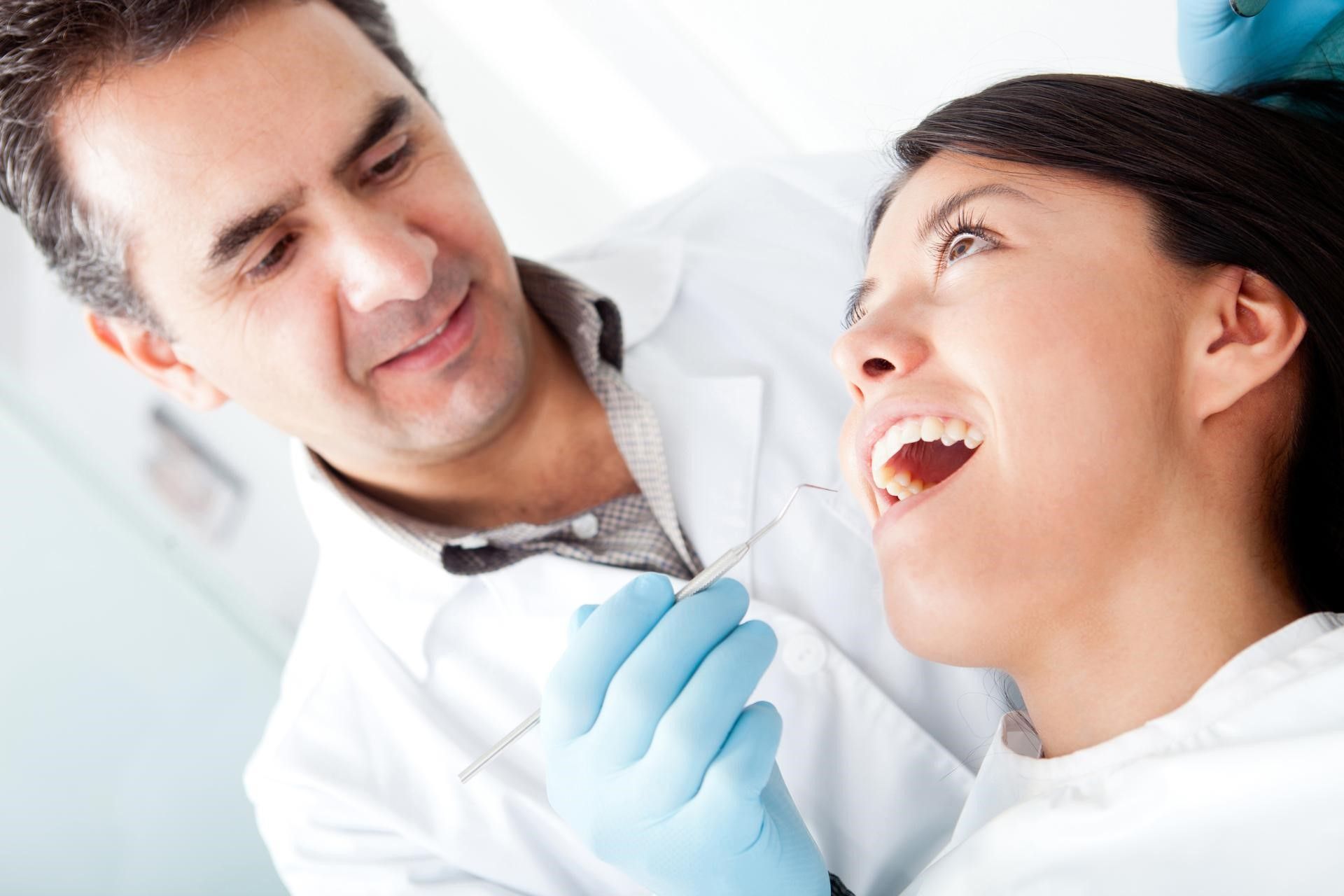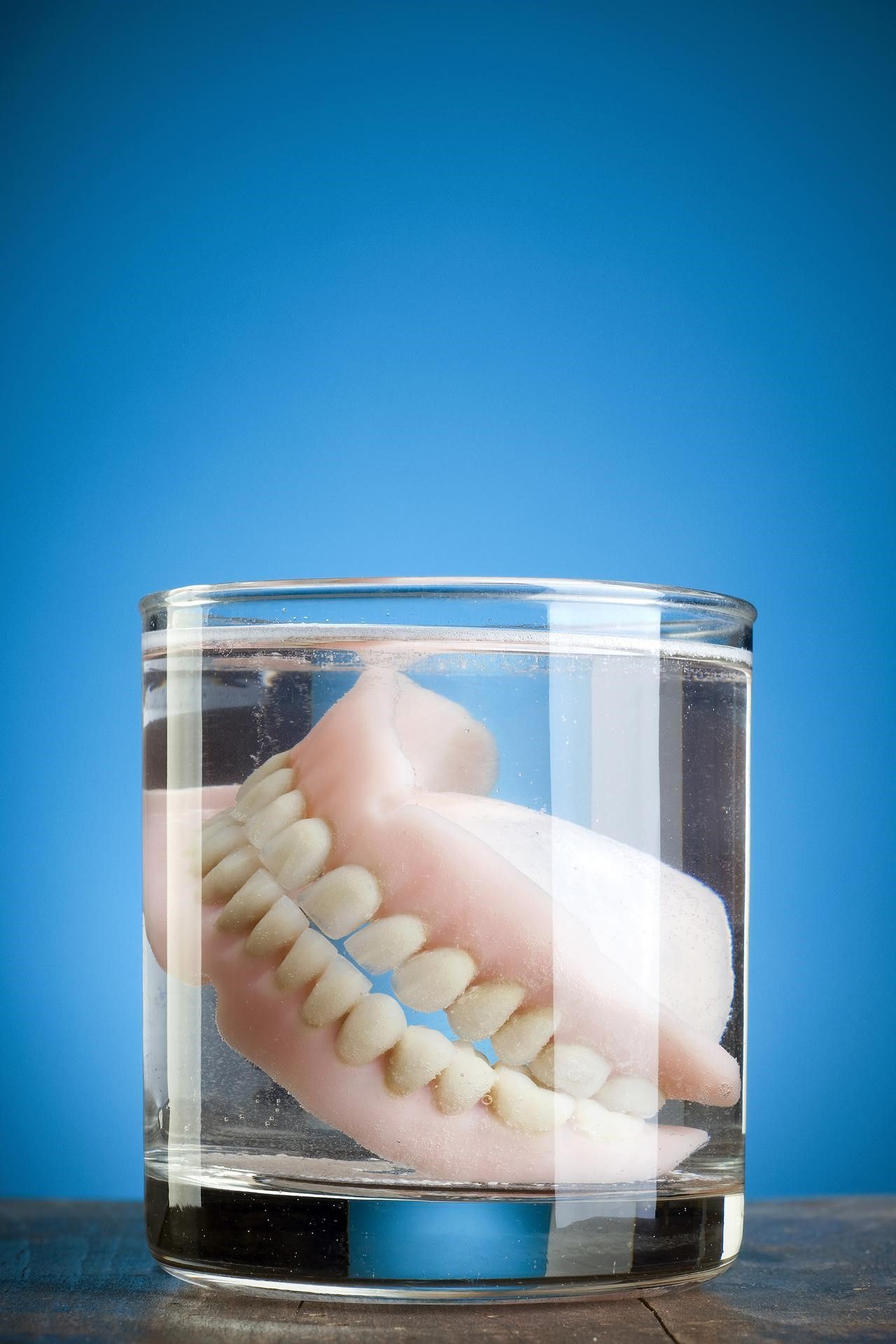Frequently Asked Questions About Hyperdontia

If you assume that every mouth grows the same number of teeth, you may feel upset or embarrassed about having a few additional ones. However, up to 3.8 percent of the population actually has at least one extra tooth, a condition known as hyperdontia that affects men twice as frequently as women.
The presence of extra teeth doesn't necessarily pose any threat either to your dental health or to your chewing function. Even so, you may find it useful to understand some key points about hyperdontia, including those times when you might want to do something about this condition. Check out these frequently asked questions about hyperdontia.
How Many Teeth Should Someone Normally Have?
The number of teeth a person has changes dramatically between childhood to adulthood. Children normally have a total of 20 baby teeth. Over time, permanent teeth push these baby teeth out and take their place, while other teeth unique to adulthood also appear, for a normal total of 32 teeth.
The 32 teeth of the adult mouth include 12 molars, eight premolars, four canines, and four incisors, as well as four wisdom teeth toward the back of the jaw. However, wisdom teeth often either fail to erupt or never develop in the first place, leaving many adults with fewer than 32 visible teeth.
Where and How Do the Extra Teeth Appear?
Extra teeth can erupt alongside any of the teeth normally present in the mouth. For instance, you can have an extra incisor, or mesiodens, growing just behind the expected one. You can also develop a paramolar that sits next to a normal molar or a distomolar that erupts in line with your other molars.
These additional teeth can mimic your normal teeth closely, but they can also assume some unusual shapes. You may have peg-shaped teeth, conical teeth that reach a sharp-looking point, cylindrical or tube-shaped teeth, or jumbled clusters of vaguely tooth-like structures.
What Conditions Can Influence the Development of Hyperdontia?
Dentists have noted a connection between hyperdontia and several other health conditions. Some of these conditions, such as a cleft palate and cleidocranial dysplasia, involve abnormal bone development. Inherited conditions linked to hyperdontia include Fabry disease, Ehlers-Danlos syndrome, and Gardner's syndrome.
What Problems Can Hyperdontia Cause?
You may experience no problems from your hyperdontia at all. When problems do occur, they often involve overcrowding. When too many teeth compete for available space along the jaw, they can push each other out of position or cause damage to tooth roots. They can also promote gum cysts.
Hyperdontia can comprise both comfort and function by making chewing difficult or painful. Even if you don't suffer from such problems, you may feel self-conscious about crowded or odd-looking teeth.
How Do Dentists Deal With Hyperdontia?
If your hyperdontia doesn't particularly bother you, your dentist may simply opt to keep an eye on the condition from one exam to the next. However, dentists often recommend extracting extra teeth if they threaten to dislocate or damage surrounding teeth, complicate dental hygiene, or interfere with braces and other dental work.
Your dentist can extract an extra tooth that has fully erupted simply by pulling it. However, if your extra tooth has only partially erupted or sits beneath the gumline, you may need oral surgery. In such a case, the dentist will make an incision in the gum, remove the offending tooth, and then stitch the gum back up.
If your child has hyperdontia, don't feel too surprised if your dentist decides not to remove the extra teeth until the permanent tooth roots in the normal teeth have fully developed. Mature roots stand less chance of experiencing damage during the extraction of extra teeth.
Eastland Dental Center & Professional Dental Center can answer all your questions about hyperdontia, help you choose the right course of action regarding those extra teeth, and perform any necessary procedures.
Contact our clinic today.









